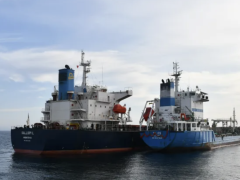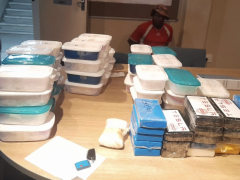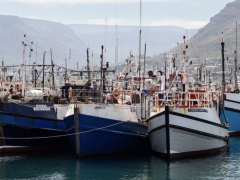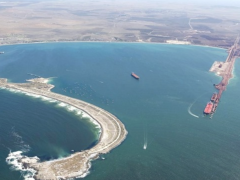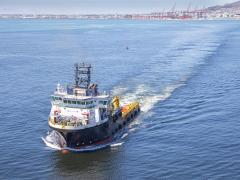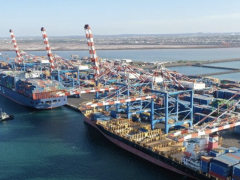South African farmers, agro-processors, and manufacturers need to adapt to produce food to meet future demand without implementing major price hikes as households spend less on food due to inflation and higher interest rates.
This is according to PwC’s South Africa Economic Outlook report for 2024 released this week, which revealed that consumers were buying less food as their spending power declined alongside elevated inflation.
The volume of food and beverages sold per capita at South African grocery stores and supermarkets declined by 3.2% in 2023. This can be attributed to several factors, including the inflation-adjusted buying power of salaries and wages declining by 1.0%.
Household spending was reprioritised as home loan repayments were at least 40% higher compared to three years ago due to higher interest rates.
El Niño could also cause a 25% drop in local white maize production in 2024, and if this happens, it will increase the cost of staple maize meal products.
“South Africans are buying less food because of pressure on household finances. As a society, we need to make better use of our resources to ensure that food production is increased and that improved nutrition is available to more people at affordable prices,” said PwC South Africa chief economist, Lullu Krugel,
“This requires agricultural players to produce more food crops in a sustainable manner, manufacturers to make food and beverage products more efficiently, and retailers and consumers to cause less loss and waste at the consumption level.”
PwC’s research identified several levers that the broader food industry could pull to meet the current and expected future demand for nutrition sustainably without significantly increasing food prices. These included: using precision agriculture to increase farm production and sustainability; smart manufacturing to make better use of resources; and reducing food waste at retail and consumption level.
“Our assessment of the sector has also indicated that agricultural production will be different going forward. Farming will increasingly be supported by technology and big data which will result in a farmer’s productivity increasing, and their environmental footprint being reduced,” PwC noted.
The company added that farmers could use precision agriculture which includes collecting real-time data on weather, soil and air quality, crop maturity, equipment and labour availability, to generate predictive analytics that can be used to make smarter farming decisions.
The benefits of this include a reduction in water use; better land management; higher crop yields and the improved well-being of livestock.
PwC noted that weak demand forecasting accuracy at manufacturing level was also a challenge. This can cause a surplus in food inputs if actual factory production is curtailed due to low sales, and a large surplus in food outputs if demand is less than anticipated when production was planned.
“At present, some 5.4 million tonnes of food is lost and wasted at the processing and packaging stage of the food supply chain due to these and other production challenges. This volume is around half of total food loss and waste across the value chain,” PwC said.
“Manufacturers need to improve demand forecasting to take into account actual resource usage and client orders. Smart manufacturing makes use of demand-driven material requirements planning (DDMRP) systems that improve on traditional demand planning by being more responsive to real-time demand fluctuations.”
This reduced inventories and surplus food items in the supply chain, PwC noted.
“A more advanced version of this is ‘demand sensing’, which uses artificial intelligence (AI), real-time supply chain data, and different mathematical models to predict demand dynamically.”
PwC South Africa smart manufacturing leader, Vinesh Maharaj, said the country needed to make better use of its food resources.
“With half of food loss and waste occurring during the manufacturing process, it is imperative that food producers apply modern techniques to better plan their operations in order to minimise wastage,” Maharaj said.
“Modern technologies allow for better demand forecasts, production planning and input sourcing, thereby reducing surplus inputs and outputs at the factory level and the ultimate waste of food products.”
The South African Food Loss and Waste Initiative is working with food manufacturers, distributors and retailers to halve the country’s food waste by 2030. Progress has already been made as food waste at retail level declined from 15.8kg per capita in 2019 to 15.4kg in 2022.


